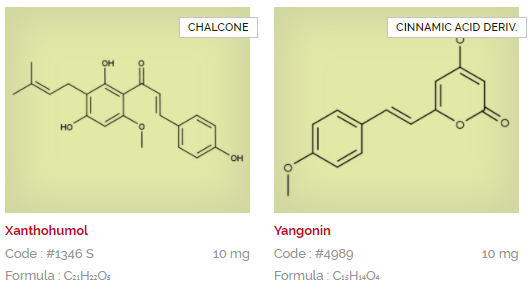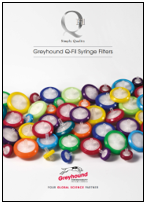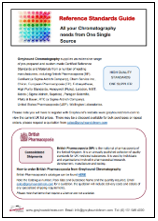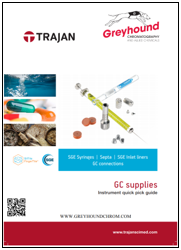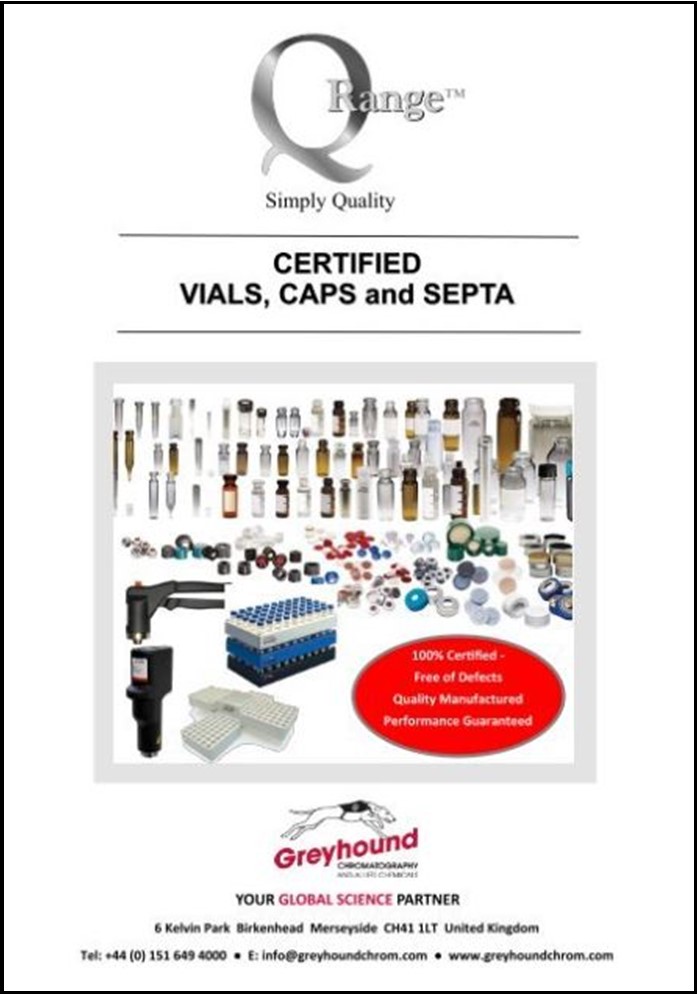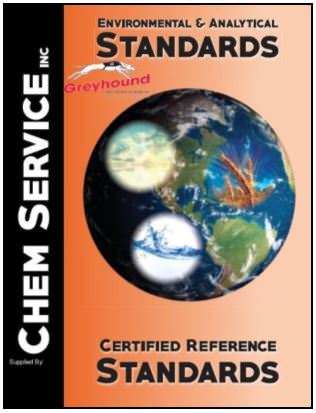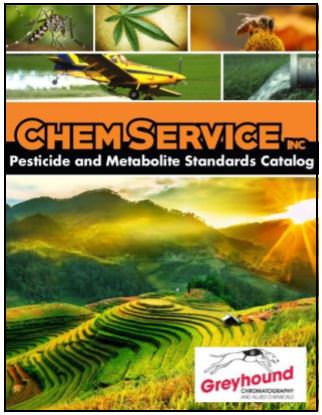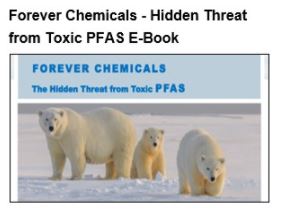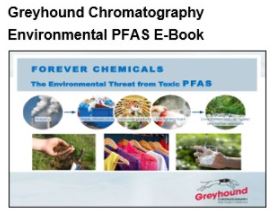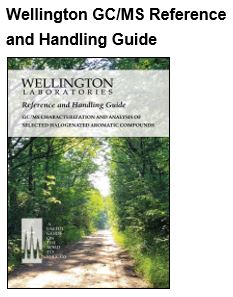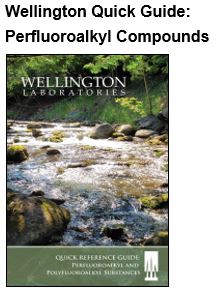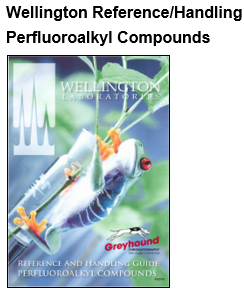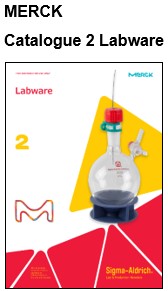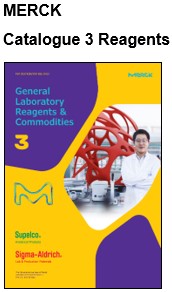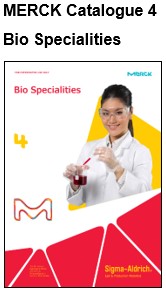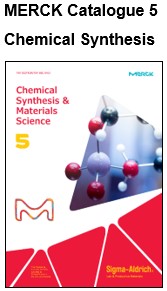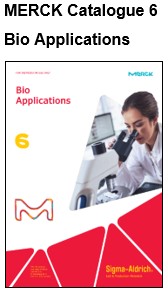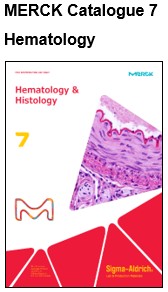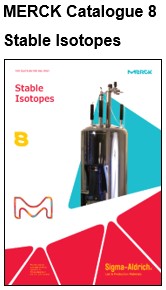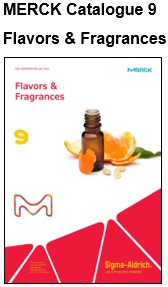UK Government Lifts Ban on Harmful Pesticides
Neonectonoids, the worlds most widely used insecticides were banned in the European Union in 2013. Substantial scientific evidence indicates that the nerve agents cause serious harm to bees, whose pollination is vital for many crops.
Fast Foward to today, and the new UK Government have accepted an emergency application submitted by the National Farmers Union, so that farmers in limited parts of the country will be able to use neonicotinoid pesticide seed treatments.
The National Farmer's Union (NFU) had put a case together reporting that oil seed rape was becoming impossible to grow without the pesticiddes and applied for an emergency lifting of the ban on two neonicotinoids. Previous applications had been rejected by the previous UK Government.
Friends of the Earth Heavily Involved
Paul de Zylva of Friends of the Earth disputed the NFU's (National Farmers Union's) suggestion that the pesticide ban had had a serious effect on crops. He pointed out that official statistics released earlier in July showed that, thanks to good weather, yields of oil seed rape actually rose by 23% in 2014, the year after the introduction of the neonicotinoid ban.
A spokeswoman for the NFU said: “Oil seed rape crops have been devastated and are impossible to grow in some areas of the country.”
She said crops harvested early in 2014 had been planted before the ban entered force on December 2013, and therefore had been treated with neonicotinoids. A survey by the Agriculture and Horticulture Development Board of oil seed rape sown in winter 2014, after the ban, indicated that 3.5% of the crop had been lost to the flea beetle pest.
Friends of the Earth bees campaigner Paul de Zylva said: “It’s scandalous that the government has caved in to NFU pressure. Ever more scientific evidence shows just how dangerous these chemicals are to bees and other pollinators.”
Activists protest against pesticides at Bayer headquarters in Athens, Greece, in April last year. De Zylva said: “The NFU’s campaign to undermine the pesticides ban has given an impression of large crop losses nationwide, but this is not supported either by the scientific evidence or harvest figures.”
Ministers have not made public the information provided by the NFU, citing commercial confidentiality.
The Department for Environment, Food and Rural Affairs (Defra) also told its expert committee on pesticides (ECP) to halt its normal practice of publishing the minutes of meetings at which the neonicotinoid applications were discussed, in order to avoid “provoking representations from different interest groups”.
References:
The Guardian
Extrasynthese are experts in extraction, synthesis and purification of natural substances. Their product portfolio consists of hundreds of products, after almost 30 years of research and development creating reference standards for regulatory filing, quality testing, or as substrates for early stage R&D. Download and view the Extrasynthese catalogues below listed in alphabetical order, or search via CAS or product name using the search facility.
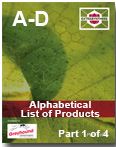 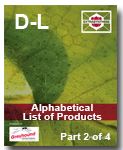 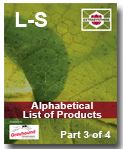 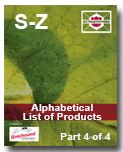 |
CONTACT US
Tel: +44 (0) 151 649 4000
Email: marketing@greyhoundchrom.com
FOLLOW US
YOU MAY ALSO BE INTERESTED IN OUR NEWSLETTER























